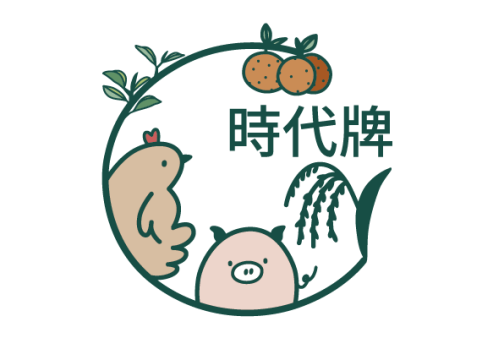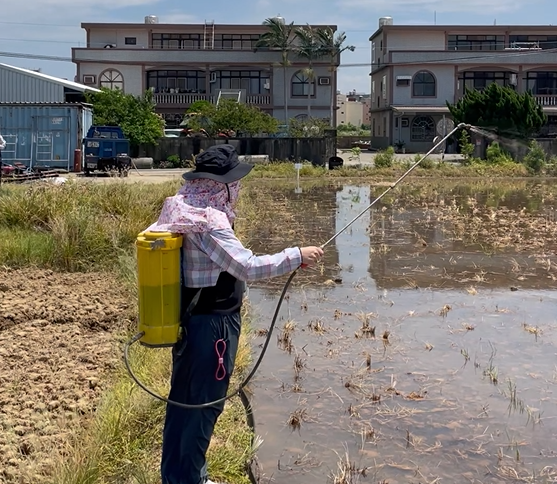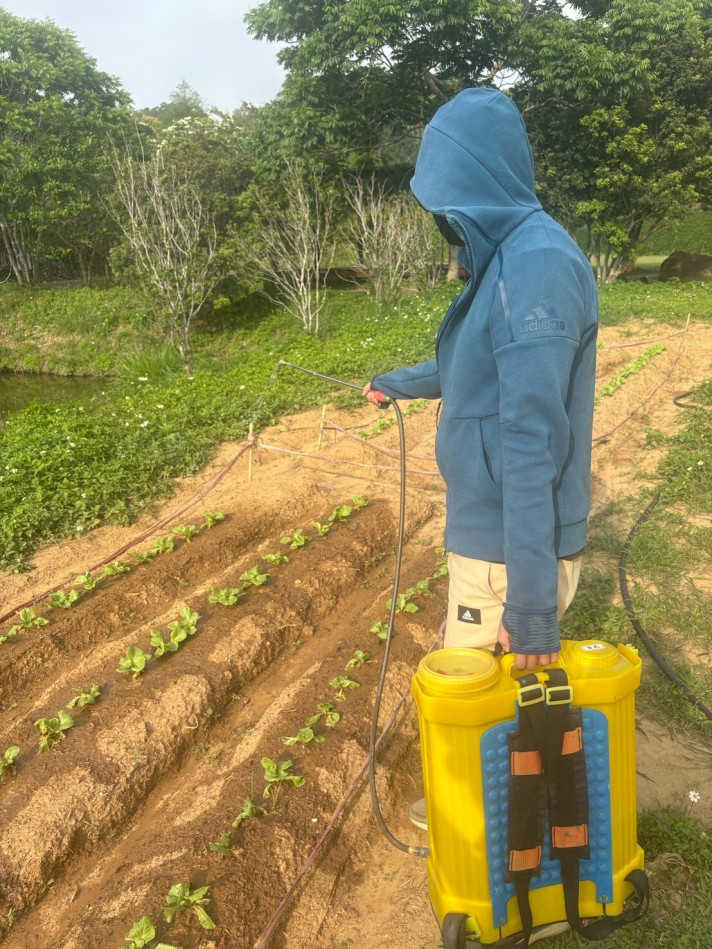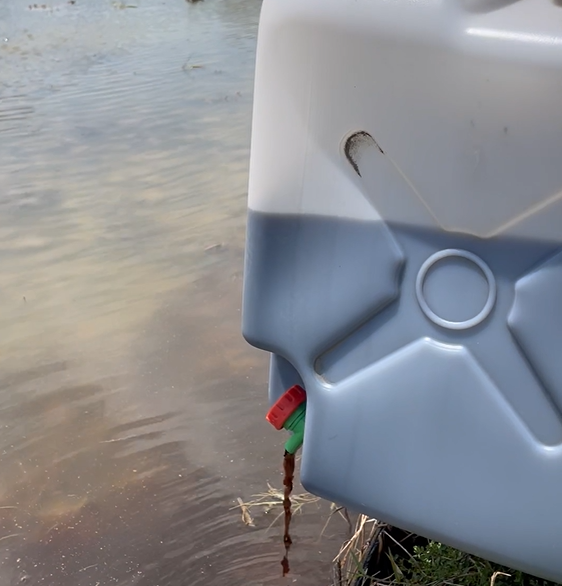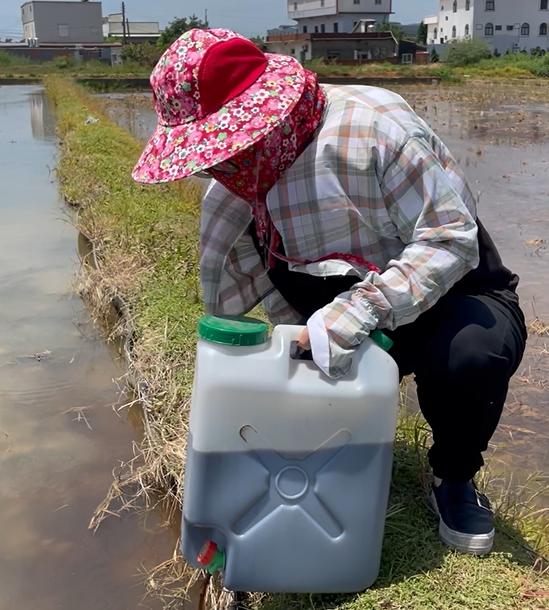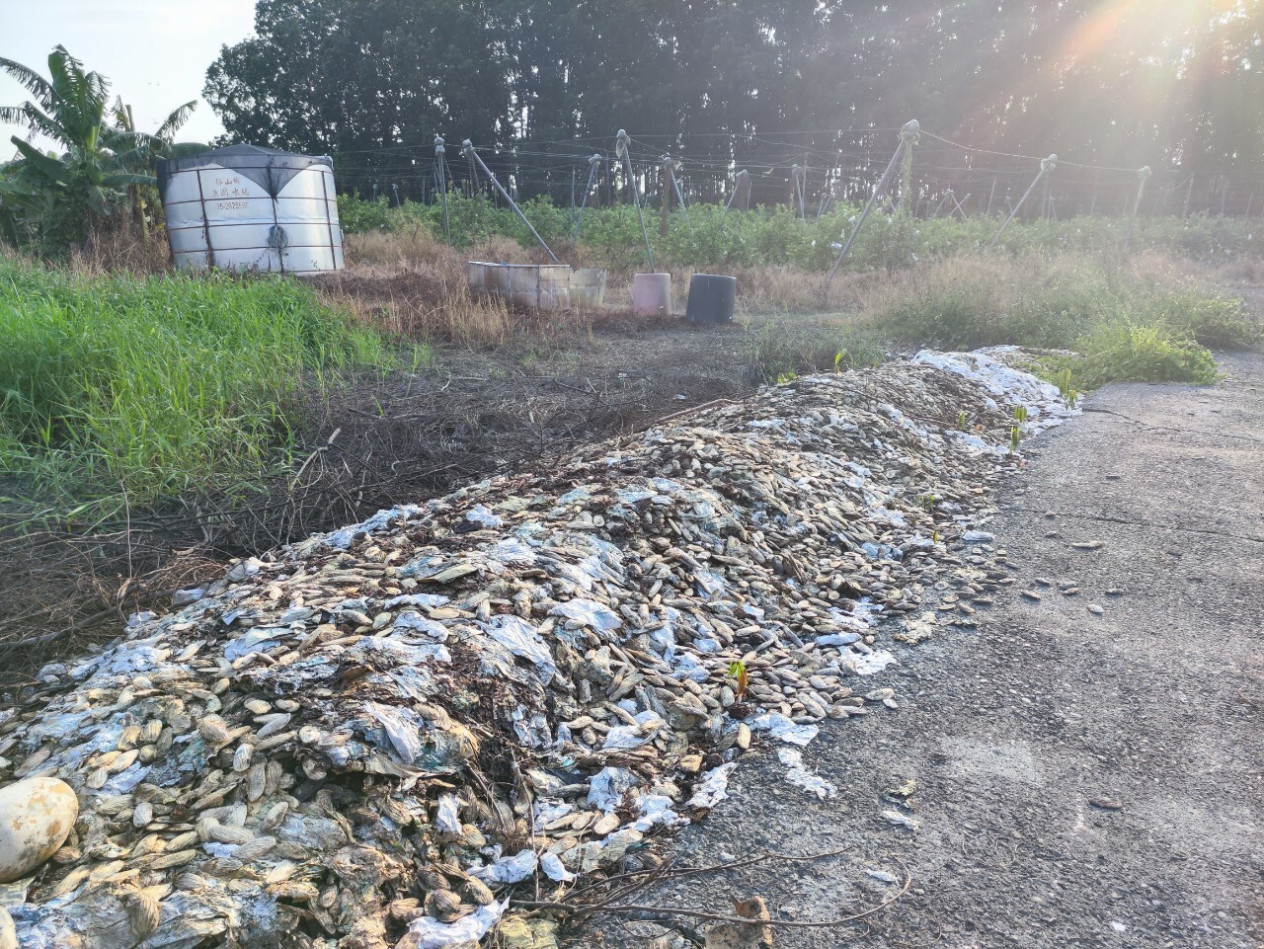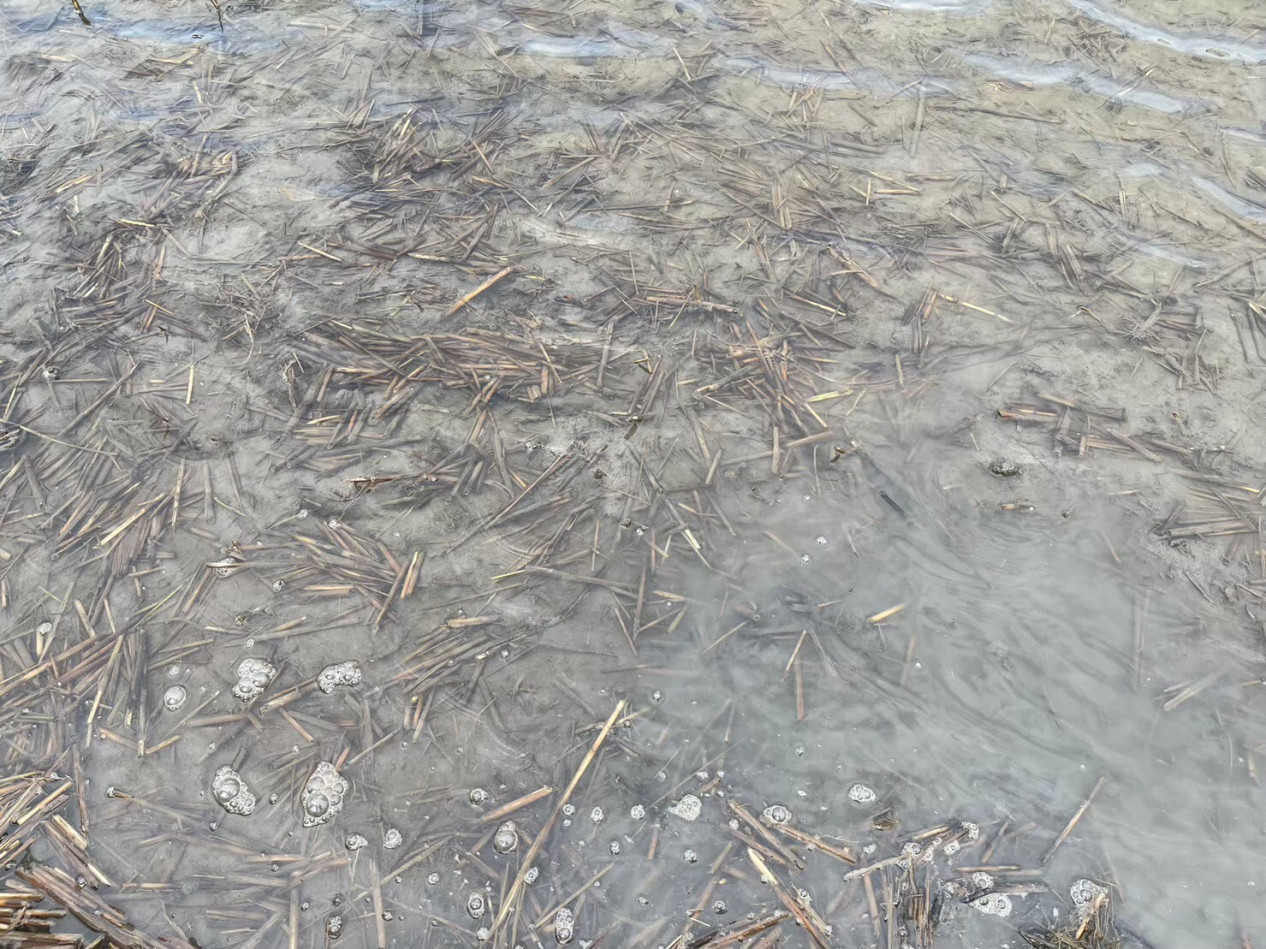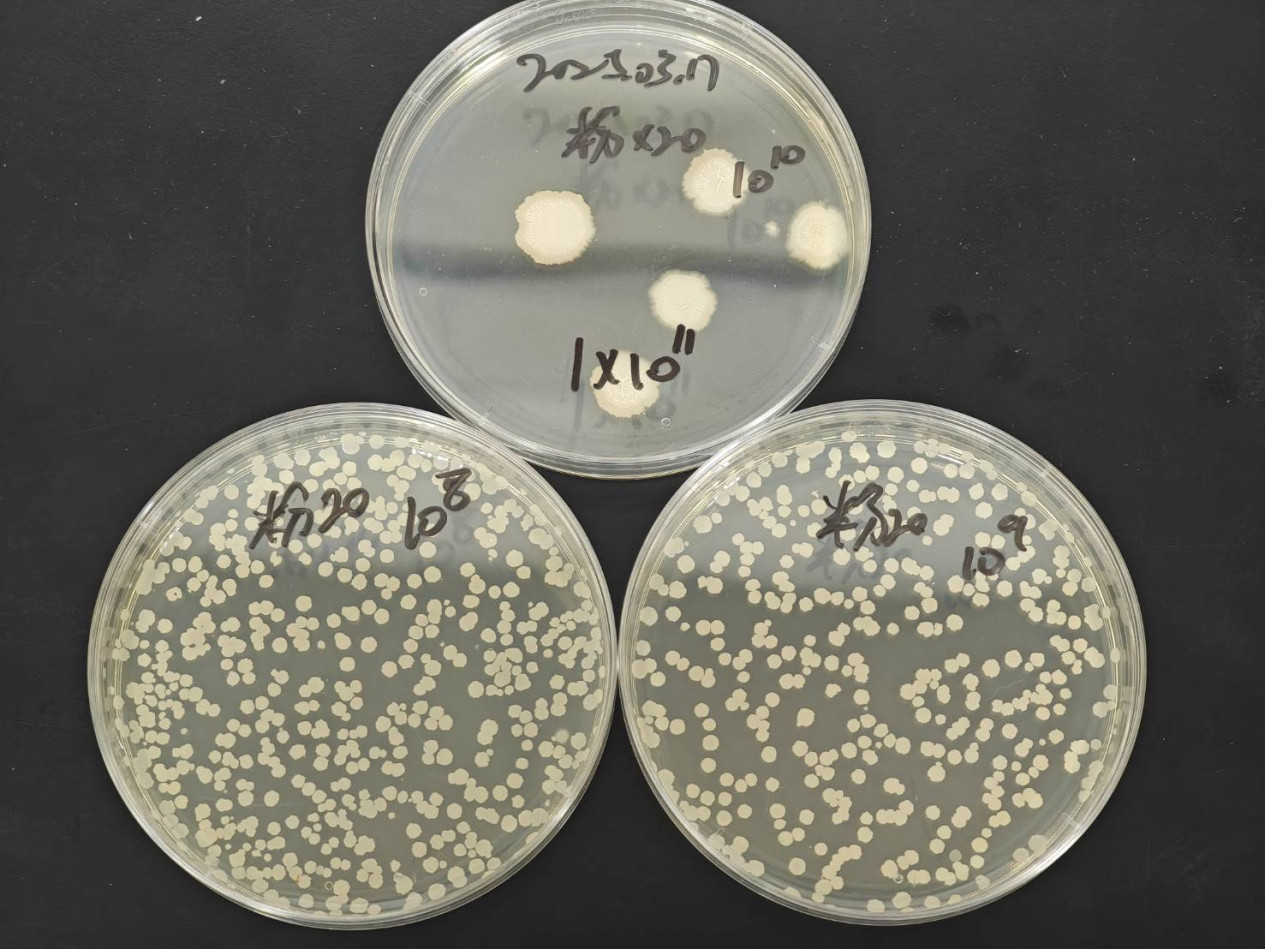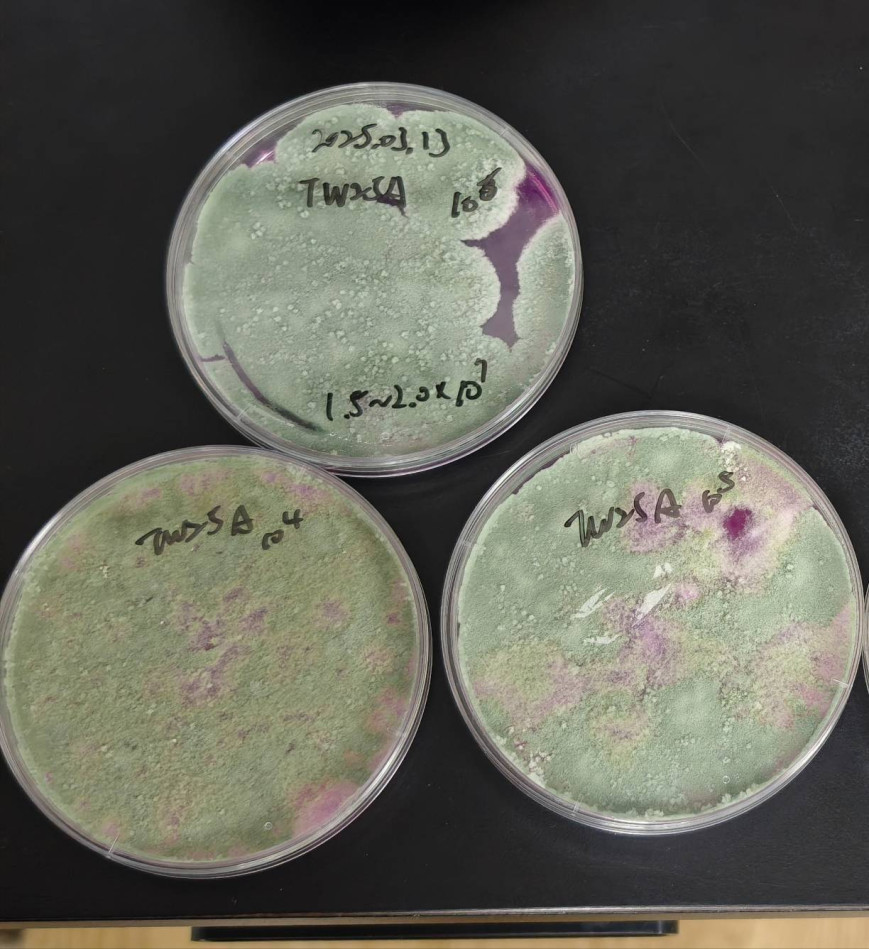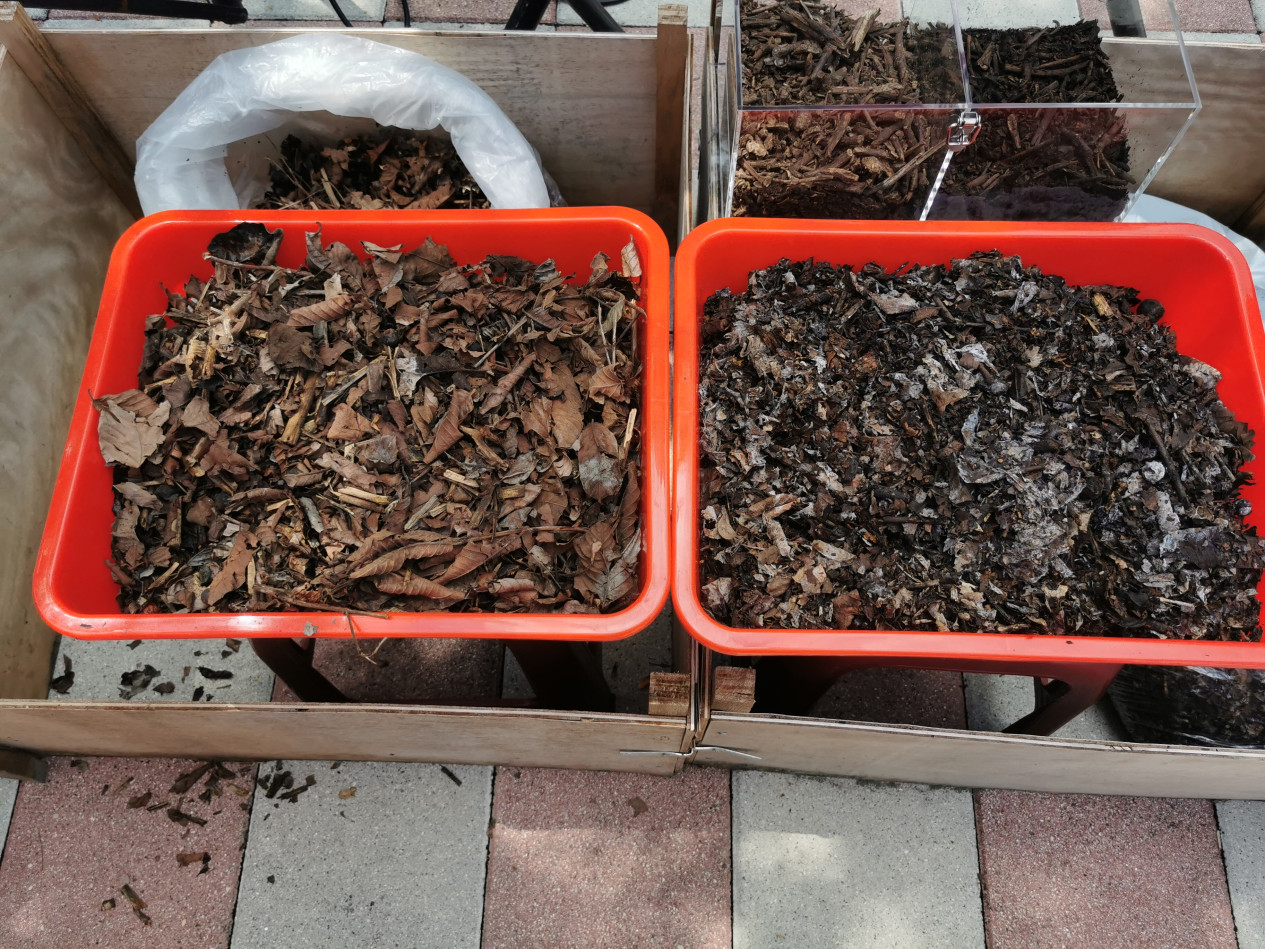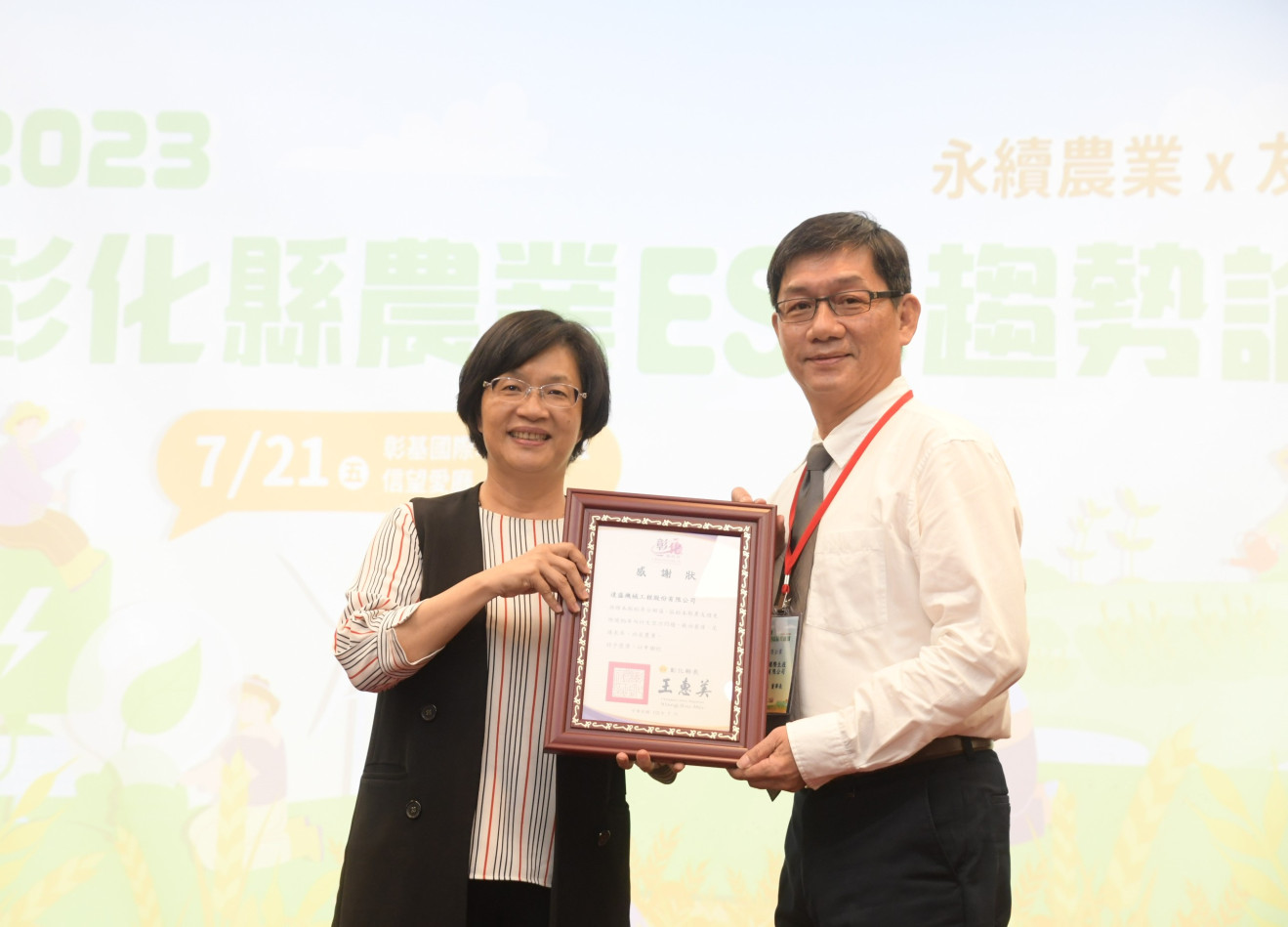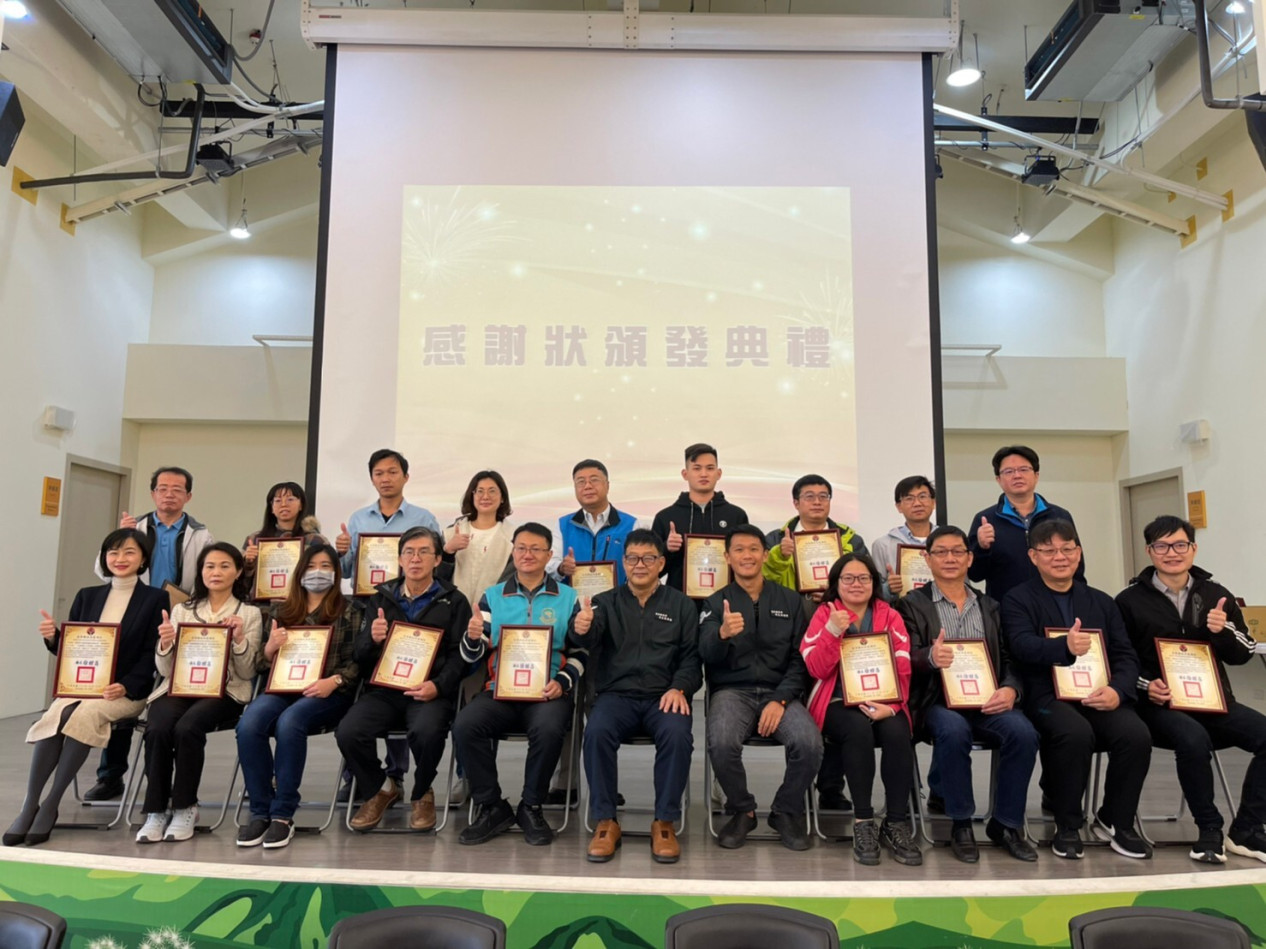About Company
In response to global climate change and Taiwan’s goal of achieving net zero carbon emissions by 2050, there is an emphasis on methods to reduce greenhouse gas emissions and increase soil carbon storage. Adhering to the principle of “nature-based solutions”, Times Intelligent Biotech adopts native soil probiotic technology, where decomposing bacteria accelerate decomposition and enable the recycling of agricultural residues. We collaborate with enterprises, local governments, and farmers to achieve sustainable coexistence, mutual benefits, and shared values.
We strive and practice in the following four aspects:
1. Agricultural ESG: Giving back to local farmers and practicing social responsibility.
2. Environmental sustainability: Sustainable development, environmental protection, biodiversity, and environmental education.
3. Circular economy: Implementing the recycling of agricultural residues, promoting the sustainable development of industries, and practicing circular adaptation to improve environmental quality.
4. Through soil measurement and analysis, we calculate the soil carbon sequestration, which will contribute to the future operation of carbon offset markets.
Product Name
(1)Rapid Fiber Decomposition Powder
(2)Long-Lasting Wood Fiber Decomposition
Product Info
【Rapid Fiber Decomposition Powder】
1.Derived from natural indigenous microorganisms in Taiwan (non-chemical formulations or acids)
2.Effectively decomposes agricultural waste from rice fields and returns them to the field as organic fertilizer
In response to regulations prohibiting the open burning of agricultural residues, natural indigenous microorganisms are selected to decompose rice straw. Within 7 days, the effective reduction of rice straw cellulose is approximately 8%, reducing the hardness of rice straw by 80-100g. This accelerates the transformation of organic and mineral nutrients to return fertility to the fields and increases soil permeability while reducing the chances of suffocation diseases.
Preliminary research analysis and calculation of carbon emission reductions show that the use of decomposing bacteria in 1 hectare of rice field can effectively reduce CO2 emissions by 10,202 kilograms; according to statistics from the Forestry and Nature Conservation Agency, Ministry of Agriculture, this is equivalent to the amount of CO2 that 850 tress absorb in one year.
In the 112th issue of the Journal of Technology Management – Special Issue on Net Zero Emissions and Corporate Sustainability, a publication titled “A Preliminary Study on the Impact of Straw Decomposing Bacteria in Rice Fields” was published. The use of straw decomposing bacteria before planting promotes growth, increases CO^2 absorption, and raises soil organic carbon content after harvest. Overall, the addition of straw decomposing bacteria can increase carbon sequestration in the fields by 18%, while burning straw reduces it by 26%. Therefore, the addition of straw decomposing bacteria has a positive impact on the carbon cycle.
【Long-Lasting Wood Fiber Decomposition】
1.Derived from natural indigenous microorganisms in Taiwan (non-chemical formulations or acids)
2.Effectively decomposes agricultural waste and returns them to the field as organic fertilizer
In response to regulations prohibiting the open burning of agricultural residues, natural indigenous microorganisms are selected to decompose branches on-site, which can accelerate the rate of cellulose decomposition by 40-50%. This speeds up the transformation of organic and mineral nutrients to return fertility to the fields, and increase soil permeability, or have the organic and mineral nutrients be used as a cultivation medium.
According to the Taiwan Emission Data System (TEDS) emission inventory, each hectare of orchard generates approximately 24-40 metric tons of woody residues annually. Burning one metric ton of woody residue results in at least 2.2 metric tons of carbon dioxide emissions. Therefore, burning woody residues from each hectare of orchard annually results in approximately 53-88 metric tons of carbon dioxide emissions.
The burning of agricultural residues produces a large amount of greenhouse gases and contributes to air pollution. By using decomposing bacteria for on-site decomposition and returning residues to the field instead of burning them, greenhouse gas emissions can be effectively reduced. Additionally, converting residues into soil amendments helps plant growth and can sequester carbon in agricultural soils, having a positive impact to the carbon cycle.
*Note: Times is ready to launch the new product this year, specially designed for organic agriculture. It is completely non-toxic, eco-friendly, and safe for both the environment and users, offering a sustainable solution for healthier farming practices.
Get in touch directly with us.
+886-2-7756-1768
6F., No. 26, Sec. 3, Nanjing E. Rd., Zhongshan Dist., Taipei City 104103 , Taiwan
